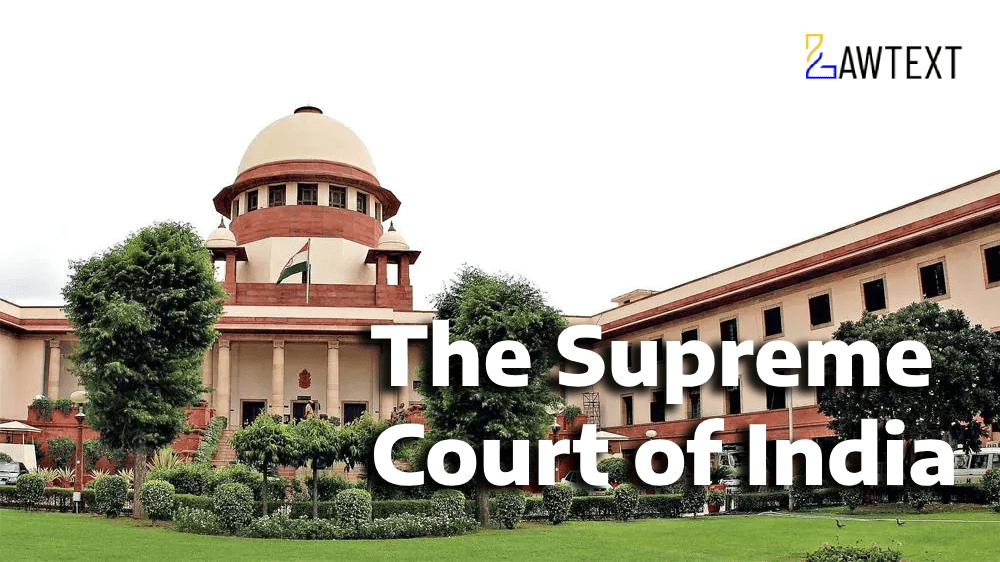

The Assessing Officer cannot consider a claim made in a revised return filed after the expiration of the time prescribed by Section 139(5) of the Income Tax Act. The powers granted to the ITAT under Section 254 are separate and do not extend to the Assessing Officer in such cases.
The appellant-assessee filed a revised return of income after the prescribed period under Section 139(5) of the Income Tax Act, 1961. Both the CIT(Appeals) and the High Court rejected the revised return on grounds of being time-barred. The Income Tax Appellate Tribunal (ITAT) remanded the case for the Assessing Officer to consider the claim. However, the Supreme Court dismissed the appeal, holding that the Assessing Officer had no jurisdiction to consider a claim made in a revised return filed after the expiration of the limitation period. The Court also clarified that while the ITAT has the power to entertain fresh claims, the Assessing Officer does not.
The appellant filed an income tax return on 19th November 1989 for the assessment year 1989-90 and a revised return on 31st October 1990. A further revised return was filed on 29th October 1991, which the Assessing Officer did not consider as it was time-barred under Section 139(5).
The Commissioner of Income Tax (Appeals) dismissed the appellant's plea, holding that the revised return filed on 29th October 1991 was barred by limitation as per Section 139(5) of the IT Act.
The appellant-assessee approached the ITAT, which partially allowed the appeal by remanding the matter to the Assessing Officer to consider the claim for deferred revenue expenditure.
The Department appealed to the High Court of Madras, which set aside the Tribunal's decision, stating that the revised return was time-barred and the Assessing Officer had no jurisdiction to consider claims made in such a return.
The appellant argued that under a similar decision (Wipro Finance Ltd. v. Commissioner of Income Tax), the ITAT has the power to entertain fresh claims that were not made in the original return. The appellant was entitled to make claims during assessment proceedings, even if omitted earlier.
The Department, citing Goetze (India) Ltd. v. Commissioner of Income Tax, contended that the revised return, being time-barred, could not be considered, and thus the Assessing Officer could not entertain the claim.
The Supreme Court examined the cases of Wipro Finance Ltd., Goetze (India) Ltd., and Wipro Limited. It clarified that the ITAT may have plenary powers to entertain fresh claims under Section 254, but the Assessing Officer does not have such authority after the revised return is barred by time under Section 139(5).
The Supreme Court found that the Assessing Officer was not empowered to consider claims in a revised return filed after the limitation period. As the Tribunal did not directly exercise its powers under Section 254, the appeal was dismissed.
Income Tax, Revised Returns, Time-Barred Claims, Appellate Tribunal Powers
Section 139(5), Revised Return, Time Barred, Deferred Revenue Expenditure, Assessing Officer, ITAT, Section 254
Citation: 2024 LawText (SC) (10) 43
Case Number: CIVIL APPEAL NO. 6274 OF 2013
Date of Decision: 2024-10-04
Case Title: M/s. Shriram Investments Versus The Commissioner of Income Tax III Chennai
Before Judge: (Abhay S Oka J. , Augustine George Masih J. )
Appellant: M/s. Shriram Investments
Respondent: The Commissioner of Income Tax III Chennai